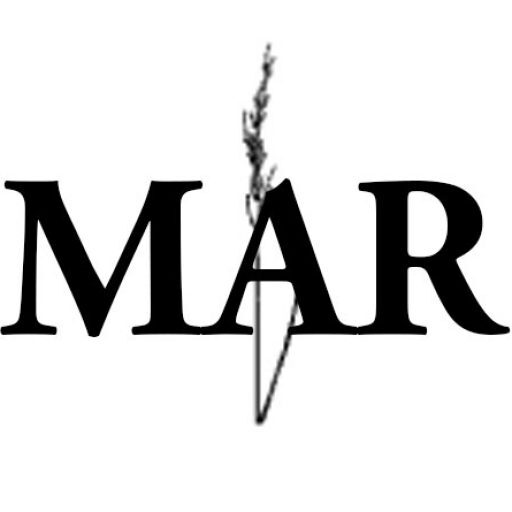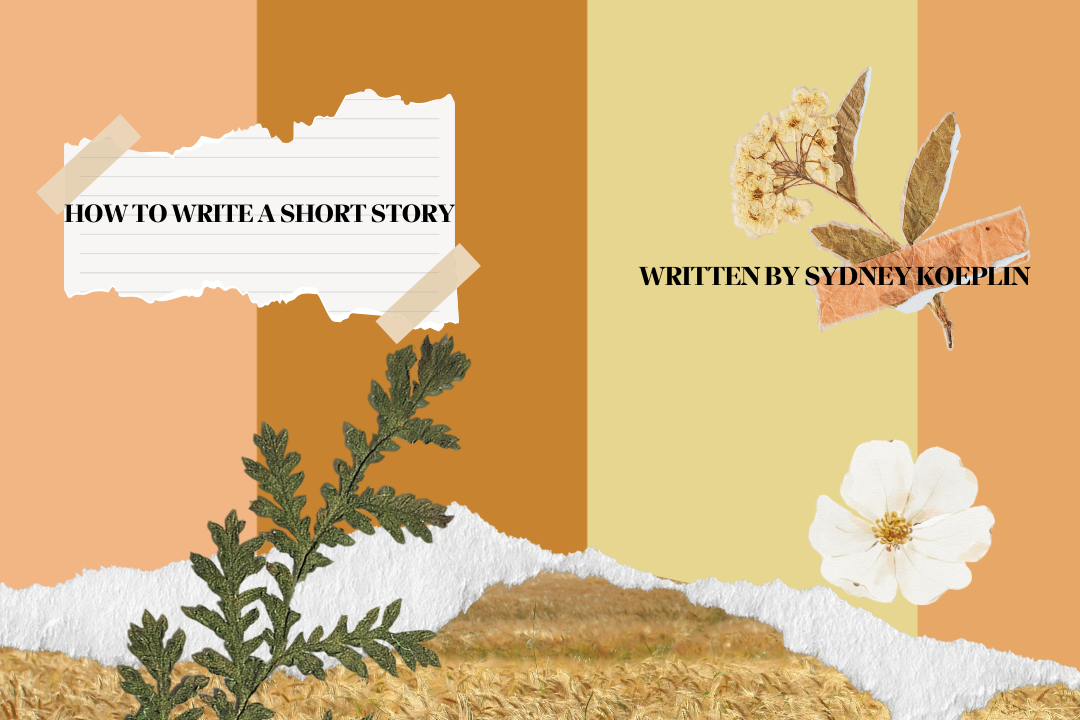Written by M. Altstaetter
The big issue with wanting to be a writer is that you have to be good at writing. You might cry, “Hey moron, what about [ENTER TERRIBLE BOOK THAT MADE A BILLION DOLLARS SOMEHOW AND HAS 5 STARS ON GOODREADS]”.
Excellent point. There are many terrible books and stories and poems out there. To be real, I have no rebuttal. I suppose you must either be really bad (think movies you love to hate so much they become genuinely good, a la The Room or any X-Men movie [I say fondly]) or really good. You don’t hear much chit-chat about books that are just okay, and I imagine for most of us, just okay is not what we’re reaching for. Even the most beatnik wannabe hipsters among us can probably admit, deep down, that 99% of writers want to be Famous and Known.
Not that there’s anything wrong with that. I’d be the first to admit I also want to be Famous and Known for my writing. I would say the majority of people, even outside of the field of writing, who say that they don’t in some way, shape, or form, dream about some kind of notoriety are probably lying. Something, something, technology, something, something, kids these days, but I would even argue this is true for most of human history. I would be willing to hedge a bet if you gave a hermit crab full consciousness, it would also dream of becoming rich and famous. That, or Go Mad From The Revelation and kill itself. Either/or.
In the 16 (!!!) years I have considered myself a writer, I have struggled greatly with the idea that if my work is not quality enough to be Famous and Known, then it’s not good enough to complete. As a child, I assumed I would be the youngest author ever (Imagine my rage when I found out the youngest author in the world was already younger than me – it was a fearsome thing). This upset me enough that I stopped writing for several months, until I picked it back up in middle school. Surprise, surprise, as I eventually realized how difficult it is to get published, get famous, and get money from the whole endeavor, I gave up again for almost a year. In high school, I regrouped, and managed to be consistent, writing my crappy novels that were more or less ideas cribbed from comic books, for all four years.
I attended THE Ohio State…branch college in Lima…majoring in English with a minor in Creative Writing. Well, they gutted the Creative Writing program there that same year, because God forbid the poors have any fun. The dream withered quick without it, as I realized what many people coming from villages of 1000 people who think they are good at something must realize when they go to an actual city – aw, I’m not actually that good at this, I was good at this there. And since I wasn’t good at it, clearly I wasn’t going to get what I wanted out of it, and so, again, I stopped writing.
I wrote here and there in the latter years of college, but never anything serious. I would get halfway through a story or poem and think, no one is ever going to read this but me and maybe one of my weird friends, and give up. What was the point?
When I applied to the MA (yes, I am not an MFA, if it wasn’t obvious by all these run-on sentences and my beloved parentheses and hyphens), I did consider, briefly, applying for the MFA instead. I had enough (unedited and old as fuck) poetry or fiction to do the application for either. But I enjoy the work of literature, and I’m alright at it, and, as I had realized over the years, I was never going to stand out among other writers. So, the MA. Which, for the record, I love and feel very comfortable in.
Was I wrong for wanting acknowledgement for my work and letting the lack of it derail me? I’m biased, because I’m me and I love being right, but I’d say no. We live in a world where a writer can’t live on whatever cash they get from writing. Most writers work multiple jobs. Even if a writer manages to survive off their books or stories, they get derided constantly by the notion that “anybody can write a book” (technically true – see above; “there are many terrible books”). You can put all your blood, sweat, tears, and money into something, and just get a few 3 star reviews and your relatives mockery for it. Can someone be blamed for getting discouraged?
I don’t write much, still. I am somewhat busy, true, but I harbor the same fear and jealousy about writing, which is what really stops me. Yesterday I was reading Elif Batuman’s The Idiot, and instead of enjoying its genius, it started pissing me off – why can’t I do that? I couldn’t even appreciate it. I read a great poem, and it ruins my day instead of making it brighter.
Something happens, somewhere between saying your first words and graduating high school, that ruins lives and hearts and dreams. (It’s capitalism, really, but allow me my few poetics). When I was eight years old a children’s book author/illustrator visited my school to read to us her new book, “Henry the Tomato”. I never can recall the author’s name but the title is incredibly clear and vivid in my mind, which is an issue since I have been googling it for years to no avail. Basically, it is entirely possible I made some or all of the whole scene up, not especially because I am from a “village” (yes, legally a village) of less than one thousand people where we have truly no claim to anything that would reward attention, so why a writer would be visiting my school is beyond me. I actually don’t even know that I was eight – I was in elementary school, in a school that got torn down many years later, so I could have just as easily been seven, or eight, or nine, or ten, or eleven, though at twelve I would have been in middle school, so we can’t traverse too far.
The year, the author, the book itself, real or fake, is not really important to this essay. What is important is I also have a faint maybe-memory of writing some proto-fanfiction for Henry the Tomato, for whom I wrote and illustrated, with crayons, several pages of a Bildungsroman where Henry befriends a skateboarding worm named Billy and they beat up a bully together (the image of the bully is lost to me, so feel safe to imagine a cucumber named Jimmy or fork named Tommy or something). The paper fanfiction did not survive my childhood (many things did not), nor did it pass the Bechdel test, but it had other value to it. The fact that it had been constructed with lined notebook paper, a limited assortment of crayon colors, probably had a less than coherent plot, none of that is what I remember from the moment. It was something else entirely, though I find myself unable to tap into it again. Whatever it is, it is something that is crucial to living authentically. I do hope it comes back.







